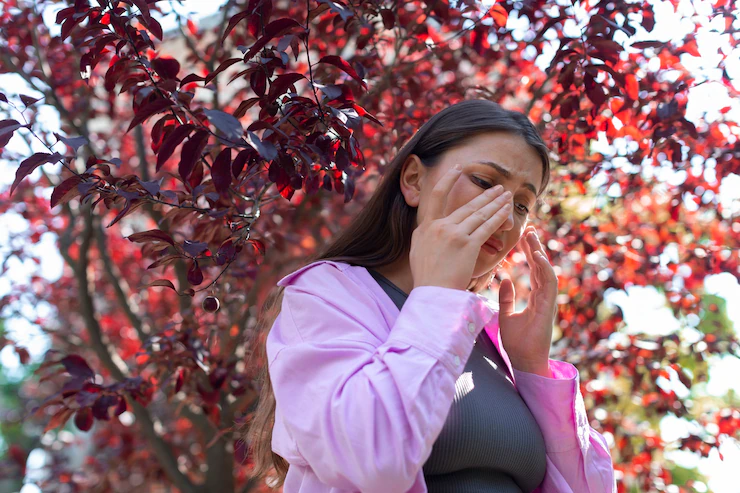Seasonal Affective Disorder (SAD) is a type of depression that is linked to changes in seasons, particularly during the winter months when daylight hours are shorter. While SAD is commonly associated with regions that experience cold, dark winters, it can also affect individuals in South Africa, where seasonal variations and changes in sunlight can impact mental well-being. Coping with SAD is essential for South African women to maintain their mental health and well-being throughout the year. Here is a comprehensive guide to help South African women cope with Seasonal Affective Disorder.
- Understanding Seasonal Affective Disorder:
Seasonal Affective Disorder is characterized by recurring depressive episodes that follow a seasonal pattern. Symptoms typically start in late fall or early winter and improve during spring and summer. Common signs of SAD include persistent feelings of sadness, low energy levels, changes in appetite, difficulty sleeping, and a loss of interest in activities once enjoyed. Understanding the nature of SAD can help women recognize and address the condition effectively.
- Seek Professional Help:
If you suspect you may be experiencing Seasonal Affective Disorder, it is important to seek professional help. Consult with a mental health professional who can provide an accurate diagnosis and develop an appropriate treatment plan. They may recommend therapies such as light therapy, talk therapy (cognitive-behavioral therapy), or medication to manage symptoms effectively.
- Light Therapy:
One of the most common treatments for SAD is light therapy. South African women can benefit from light therapy by exposing themselves to bright, artificial light that mimics natural sunlight. Light therapy can help regulate the body’s internal clock and improve mood. Consult with a healthcare professional to determine the appropriate duration, intensity, and timing for light therapy sessions.
- Maximize Natural Light Exposure:
In South Africa, where sunlight is abundant, maximizing exposure to natural light is essential. Open curtains and blinds during the day to let in sunlight. Spend time outdoors whenever possible, especially during daylight hours. Even on cloudy days, the natural light can have a positive impact on mood and overall well-being.
- Maintain a Healthy Lifestyle:
Engaging in a healthy lifestyle can have a positive impact on mental health, including coping with Seasonal Affective Disorder. South African women should prioritize the following:
- Regular Exercise: Engaging in physical activity releases endorphins, which can boost mood and alleviate symptoms of depression. Aim for at least 30 minutes of exercise most days of the week.
- Balanced Diet: Consuming a nutritious diet rich in fruits, vegetables, whole grains, and lean proteins provides essential vitamins and minerals that support mental well-being.
- Adequate Sleep: Establish a consistent sleep routine and aim for seven to eight hours of quality sleep each night. Stick to a regular sleep schedule and create a sleep-friendly environment.
- Stress Management: Practice stress-reducing techniques such as deep breathing exercises, meditation, yoga, or engaging in hobbies that bring joy and relaxation.
- Stay Connected and Seek Support:
Maintaining social connections and seeking support from loved ones are crucial for coping with SAD. Reach out to friends, family, or support groups to share your feelings and experiences. Engage in social activities, even if you don’t feel like it initially, as they can provide a sense of belonging and support.
- Self-Care and Pleasurable Activities:
Engage in self-care activities that promote relaxation and well-being. This may include taking baths, practicing mindfulness or meditation, reading, listening to music, or engaging in hobbies and activities that bring joy and fulfillment. Self-care activities can help alleviate symptoms of SAD and improve overall mental well-being.
Conclusion:
Coping with Seasonal Affective Disorder is crucial for South African women to maintain their mental health and well-being throughout the year. By understanding the nature of SAD, seeking professional help, maximizing exposure to natural light, maintaining a healthy lifestyle, staying connected, and practicing self-care, women can effectively manage the symptoms of SAD and enjoy improved mental well-being. Remember, you are not alone, and support is available to help you navigate the challenges of Seasonal Affective Disorder.










